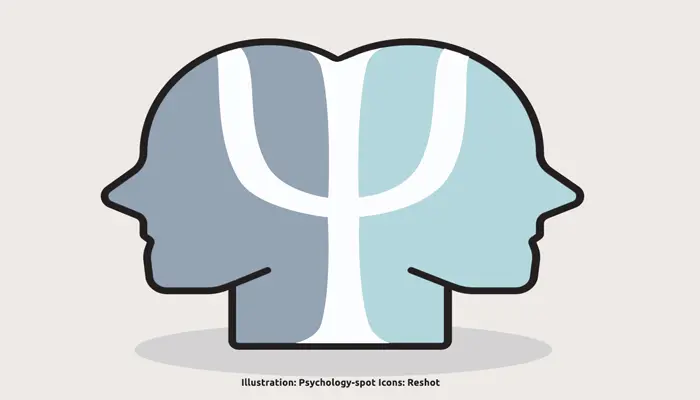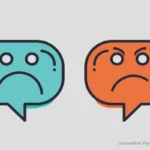
Sometimes people who are unable to manage their fears, voids, insecurities, and frustrations experience a compelling need for controlling the others. They try to impose their views and decisions on them, forcing them to conform to their wishes and satisfy their needs. This behavior leads them to establish dominant relationships in which they end up suffocating the others, robbing them of the essential psychological oxygen to live.
This need for controlling the others manifests itself in different contexts, moments and situations. It can be an insecure mother or father trying to control their children, so that they stay under their wing for as long as possible. It can be a person who controls his/her partner trying to create a relationship of emotional dependency, so that s/he does not abandon it. Or it may even be difficult friends, co-workers, and bosses engaging in controlling, manipulative, or blackmailing behaviors.
Who cannot put order inside, tries to impose it outside
Many people try to control the others because they lack adequate self-control, inner discipline, and emotional autonomy. Their desire to control the others is really a compensation strategy: since they cannot regulate themselves, they try to dominate and subdue the others.
These are generally people who need to assert themselves through the relationships they establish. By controlling the others they build a more powerful image of themselves and develop a perception of self-efficacy that they cannot achieve through self-control. That means that, deep down, they are insecure people, who have a low self-esteem and serious difficulties to assertively manage their emotional world.
In fact, this almost obsessive attempt of control over the others reveals a deep need to be “nurtured” and a deep fear of abandonment.
Their demands usually reveal this contradiction, showing that they project their own shortcomings on the others. They can tell us, for example, that we need to diet when they are obese, or that we waste money when in fact they are the ones who do not manage their finances well. A co-worker may accuse us of not being efficient when he is the one wasting time, a partner may complain that we are controlling him/her when in fact it is the opposite.
Controlling and possessive personalities also have a difficult time dealing with uncertainty, they do not tolerate the unforeseen or the insecurity of life. Failing to modulate their emotional responses to uncertainties and adversity, they try to control those around them, in a vain attempt to find the security they need. In practice, they shift their locus of control from the inside to the outside.
Between the sword and the wall
Psychologists from the Universities of Wurzburg and Basel found that people with poor self-control tend to take extreme, “all or nothing” attitudes. That means these people react more impulsively and do not deal well with middle terms, so their need to control does not allow for latencies or excuses. These people will continually put us between ythe sword and the wall: either we are with them and give in to their demands, or we are against them if we decide to defend our freedom.
This inability to see the middle ground and understand that we need our living space, without meaning that we love or appreciate them less, is what usually complicates the relationship. People who feel an urgent need to control will continually push us to the limit, forcing us to renounce many of our interests or postpone our needs as a sign of love or commitment.
As a result, this type of person will demand everything: time, emotional support, loyalty, dedication and, of course, blind obedience, to the point of annihilating our “self”.
Don’t search in the others what you don’t find inside
People with poor self-control need to understand that controlling the others will not improve their situation because the problem is not outside, but inside. Dominating people only restricts their freedom and, in the long run, creates friction in relationships that increases the chances that they will be left alone.
Therefore, they need to obtain the psychological tools that allow them to develop self-efficacy. A good starting point is trying to be less self-centered.
An experiment conducted at Stanford University revealed that self-control depends, among other factors, on our ability to see things from another person’s perspective. These psychologists found that imagining how our future selves would respond, improves self-control by increasing our ability to postpone the gratification of the here and now to a later time.
Therefore, when you feel the need to control the others, stop for a second and ask yourself what it is that you need to manage within yourself. Put order inside, first of all.
Sources:
Hofmann, W.; Friese, M. & Strack, F. (2009) Impulse and Self-Control From a Dual-Systems Perspective. Perspect Psychol Sci; 4(2): 162-176.
Hershfield, H. et. Al. (2009) Don’t stop thinking about tomorrow: Individual differences in future self-continuity account for saving. Judgm Decis Mak; 1; 4(4): 280–286.



